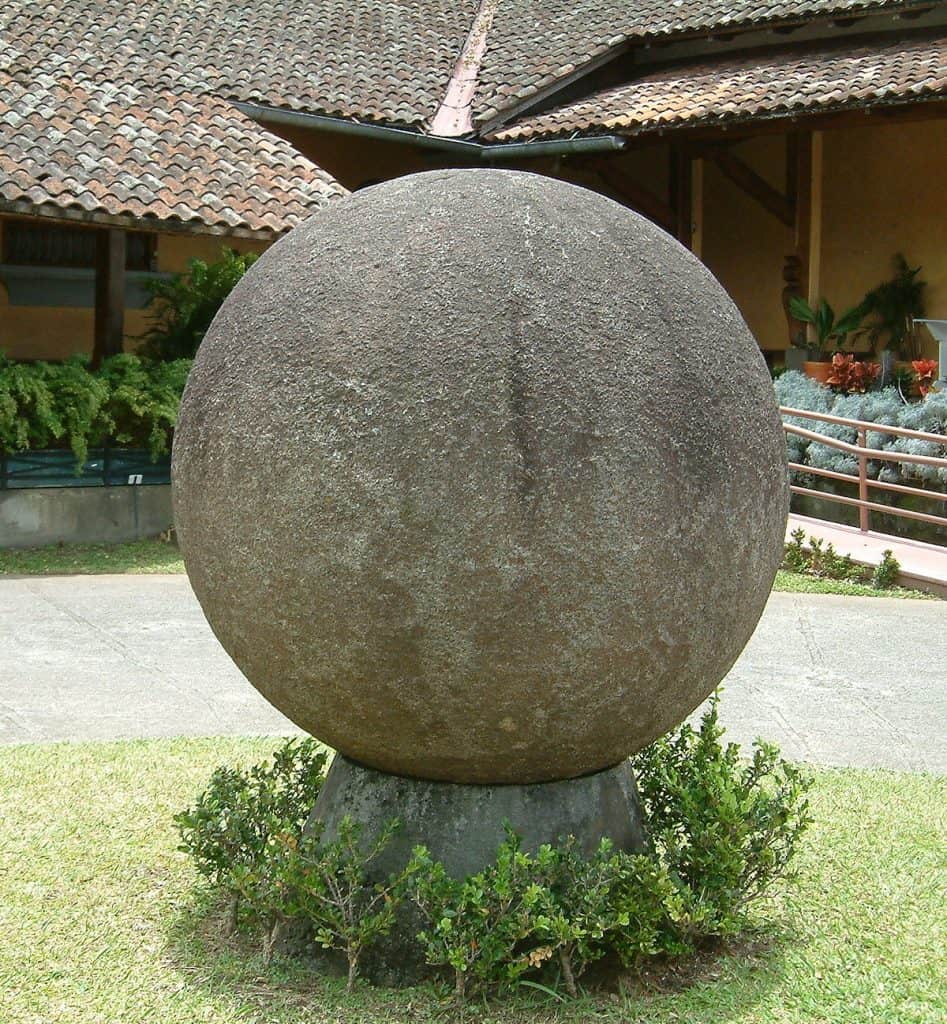6 Costa Rican values you should know about – The Costa Rican People
Underneath all the social media posts, hashtagged photos and tourist campaigns about a country there are those things that really help define it: its culture and values.
It has become a bit unfashionable to talk about values. It suggests that they are fixed. We can’t change them, and that makes us uneasy.
None of us want to believe we are programmed what to believe, think or feel, do we?
Yet we often easily spot the differences between our own culture and the one we are traveling in. These contrasts can provoke anger, frustration, admiration and joy, and they are unavoidable.
Of course, we cannot generalize one culture is absolutely this way or that way. Things will always be relative.
With that said, here are the 7 key values that make Costa Rican culture what it is according to my own personal experiences, research and many, many conversations over the years.

1. Part of something bigger - collectivism
Ticos are very family-oriented. They often only leave home once married, and weekends regularly involve spending quality time with the fam over lunch/dinner or a cafecito.
So, this family emphasis is quite double-sided: you have a network of people close to you, but there is also an expectation of being an active part of that network. The family can be a breeding ground for old grudges, messy human relationships, and gossip, just like in any other country.
But the focus on family represents a broader characteristic, which is the emphasis on collectivism rather than individualism. Family, coworkers, and friendship groups are a big part of life here.
The difference between Costa Rica and individualistic countries like the US, the UK, and Canada is actually huge:
Some other reasons for this are religion (three-quarters of the population identify as Catholic) and the highly social nature of Ticos, who place a premium on getting along with each other, being hospitable to all, and politeness.
2. Gender (and Machismo)
In terms of gender roles, Costa Rica is still rather traditional in comparison to North-America and large parts of Europe.
Houses can be quite matriarchal, with women being in charge of domestic duties such as cooking and housekeeping. Because men either are not there - single-parent families are typical - or because mothers coddle their sons too much, which prevents them from learning basic life skills.
For this reason, foreigners sometimes remark that some men here are quite immature. And mothers can also be seen as domineering in some cases.
However, perhaps the most significant difference you are likely to experience is the presence of machismo here.
It is normal for men to honk at women in the street. Many men shout piropos to women - compliments that are not compliments, but greasy comments or bad poetry. And safety for women, especially at night, has become a hot topic after a bout of femicides over recent years.
Perhaps we should ask ourselves if this is the type of norm we should ever have to adjust to?
3. Language and communication
Language is not just the words you speak. Costa Rica is a high-context culture. This means that body language, physical gestures, humor, as well as the tone of voice, play a crucial role in getting your point across.
In contrast, in low-context cultures, in Northern-Europe, the US, and the UK, the words you choose carry the message. There is a value in being direct.
This is important to know because the gestures you use and your tone of voice can be misinterpreted here. Be careful with your deadpan delivery and coat your direct speech in a fine layer of politeness.
Costa Rican Spanish also involves a lot of pachuco or slang that may not be in your phrasebooks. Many Ticos say they would never deign to use pachuco as, just with any slang, it can be vulgar and considered low-class.
Yet many - vibrant - slang words make up most people’s daily vocabulary: brete (job/work), chunche (thingymajig), ¿Al chile? (Really?), ¡Qué chiva! (How cool!).
4. Authority
We can rank any culture along a spectrum from authoritarian to libertarian.
More authoritarian cultures place a stronger focus on obeying rules. In more libertarian cultures, the freedom to make your own decisions and choices is king.
Typically, parts of Asia and Latin America tip towards the authority end of the scale. Costa Rica is no exception.
This is not to say that the government rules with an iron fist. Costa Rica has quite a centralized government that provides universal health care (La Caja) and education. And, as you probably know, it abolished its army a long time ago.
Costa Rica has a peaceful reputation for good reason. But in terms of questioning authority, whether that be in the family, an elder, or people of authority in broader society, Ticos are quite conformist and rule-abiding.
This has also led to a great deal of bureaucracy in public institutions, unfortunately.
5. Tico Time
It’s Tico time. You already told your friend, husband, or wife, to be 30 minutes earlier than you had planned to account for their tardiness. And they are still late.
About the only things in this country that tick-tock with the high-functionality of a swiss watch are football and gossip.
This is definitely one of those values you have to turn the dial to the Adjust setting. You cannot reason with these unpunctual rebels.
6. The good life
When it comes to well-being, Costa Rica gets some things spot-on.
Let’s take health, for one. Costa Rica has universal healthcare and the highest life expectancy in Latin America, according to some studies, which is also higher than in the US.
Environmental protection, renewable energy, and the well-being that strong social bonds bring are definitely Pura Vida.
Now, high taxation, reliance on credit, and red tape blocking the start-up of your own business - Not so much.
Yet the Pura Vida philosophy, which I personally interpret as accepting what you cannot control and living life without trivial concerns, obviously plays a role and is an attractive value.
On the other hand, Pura Vida can also breed complacency and acceptance of the status quo.
Conclusion
When I first came to Costa Rica almost a decade ago, I experienced a healthy dose of culture shock. I really enjoyed some of the cultural differences, disliked a few, adjusted to some, rejected others.
Cultural differences are here to stay. It’s up to you how you navigate them.
An excellent way to get through that navigation and find where you might fit best in Costa Rica is to visit InCostaRica.com and download the app. There are tons of offers and guides as well as Waze GPS to help you get around.







 Get More Out of Costa Rica
Get More Out of Costa Rica





